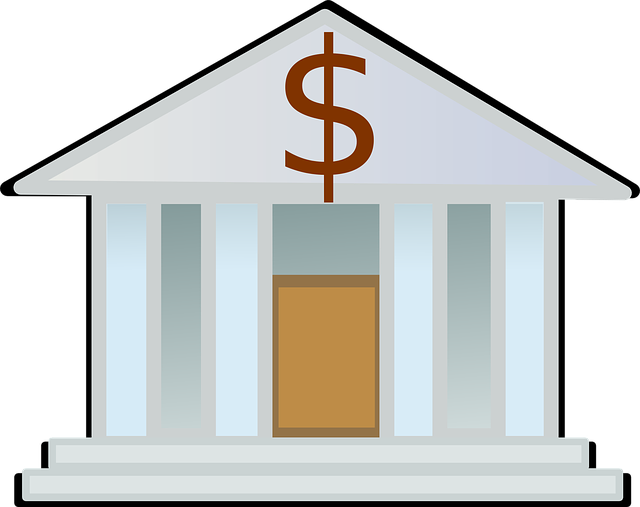Politics Can Impact The Financial Market
- Dunstan Andre
- 0 comment
- September 25, 2020
Financial media often add to political hype by presenting people, rumors, or events as if they were all-important for the market. Reports of politicians juggling gigantic sums, and surrounding debts, deficits, surpluses, spending, credits, and big ideas with great fanfare are stirring investor concern. In our opinion, politics does influence the market, but not in that obsessed, party-oriented, and person-oriented way that experts and investors often assume. Forex brokers can tell you how much of an impact politics have on market growth.
A Colorful View Of Politics
Most people see politics and its impact on the market through a colored lens. Investors become obsessed with individuals or impressed with rhetorical skills or a unique style that makes a particular politician appear to be the best choice. Many think that certain political parties, ideas, and policies are inherently good or bad for the market. They are convinced that one party is ‘pro-business’ and the other is not.
In doing so, they ignore the fact that politicians are marketing people. They respond to emotions and spread views or agenda items to advance their political career. Their program is not necessarily what they will do — it is usually what they think will get the most votes. Many politicians, even some quite famous ones, have completely changed their minds over time. From Greek politicians who oppose austerity and suddenly rally behind cost-cutting and privatizations to US presidents returning to tax promises, history is full of examples of situations where the deed was not put to the word.
Politics And The Market
We believe that markets are not interested in people and have no demonstrable direct relation to a political party. Regardless of the political spectrum from which the government had been embodied, they are equally capable of pursuing policies that can directly affect the market.
Consider America, for example, whose return data on equities goes way back in time. In our experience, most investors believe that the Republican Party is better for stocks than the Democratic Party. But since 1926, the US S&P 500 has averaged 14.8 percent in years that a Democratic president was in power, versus 8.8 percent for a Republican. [i] This is not to say that Democrats are better for the stock market. It simply means that the common idea that there are entrepreneurial parties is a misconception.
Across Europe and globally, both the left and the right have been in power during rosy bull markets and hideous bear markets. You cannot say with certainty whether one party is better than the other for the market. Moreover, we do not have a ‘comparison group’, as scientists call it. So you cannot be sure what would have happened to the market if the opposition party or some other politician had been in power. In the Western world, business is the mainstay of economic activity — and businesses can be very flexible and resilient. It is sometimes difficult to say whether a government’s policy is helping or hindering the economy — even when it comes to aiding measures. In addition, in many large countries, the government is not one party.
Legislative risk
Markets are not led by parties and individuals, but that does not mean that politics has no influence. In the developed world, it’s mainly about legislative risk. What is the likelihood that a government, regardless of party, will pass a bill that changes property rights, which could undermine risk appetite and harm the market? Because radical legislation can foster risk aversion in the market, we think that a deadlock — politicians who disagree and cannot pass new laws — is often a good thing. It reduces the chance that they will pass extreme legislation.
Sometimes a stalemate means that opposition parties are constantly blocking the government’s policy agenda. When a government has a narrow majority — or is a minority government — it can struggle to get important legislation passed. But a stalemate can also occur in situations where parties are divided internally or in disagreements between coalition partners.
Many parties have contentious supporters who may not follow the party line. Coalitions are often marriages of convenience with few ideological interfaces. That means that not much is happening in the legislative field. Some argue that a stalemate stands in the way of required reforms — which is true in some countries. But our experience is that reform often produces winners and losers. And in more competitive economies — such as those in much of the developed world — reform is usually not really necessary. Low legislative risk limits uncertainty, which is positive for equities. When radical changes like a sword of Damocles don’t hang over stock markets, we believe that it is one less worry for investors.




